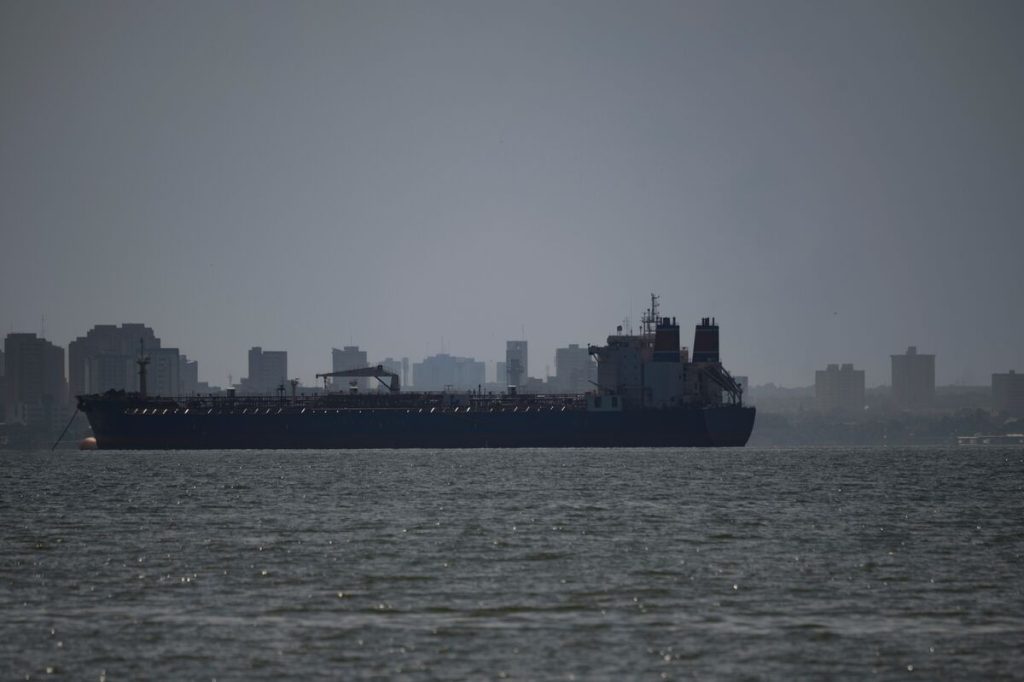
Sharon Cho, Bloomberg News
SINGAPORE
Energiesnet.com 12 12 2023
China’s independent refiners have benefited for years from cheap Venezuelan oil. Now, there’s unwelcome competition.
Since Washington suspended sanctions on Venezuela’s oil industry in October, large trading houses have begun circling. Caracas’ crude has also caught the attention of Asia’s other major buyer, India — back after a hiatus of more than three years.
Venezuelan barrels added up to roughly 3% of China’s total crude oil and condensate imports for the first 11 months of this year, according to analytics outfit Kpler. That includes some (though unlikely all) crude whose origin had been rebranded en route.
The trouble is that this is disproportionately snapped up by discount-loving private refiners, still known as teapots though many are now vast enterprises, and the sector accounts for a fifth of China’s oil purchases.
Their bargaining power is coming under threat at a time when margins are already facing pressure as the world’s second-largest economy sputters.

India has moved fast. Reliance Industries Ltd. has so far booked at least two tankers to ship Venezuelan oil. Even state-owned rivals, not exactly fans of the Latin American country’s heavy, sulfurous crude in the past, are joining in. Smaller state processor Hindustan Mittal Energy Ltd. has already locked in a deal.
Granted, Venezuelan barrels aren’t an alternative to Russia’s flagship Urals blend, enthusiastically sucked up by India this year. Merey crude needs to be mixed with lighter oil to be usable by some of India’s state refiners, and volumes are not equivalent.
But there’s ample room for opportunistic shipments, replacing purchases from Middle East producers such as Iraq, a mainstay supplier.
China’s teapots do still have options. For one, there’s always Iran, still under sanctions. China remains the main customer for those barrels — about 10% of the country’s total imports so far this year, according to Kpler, again including relabeled cargoes.
They can also hope that the current window closes for refining rivals as quickly as it opened.
The US Treasury eased sanctions in exchange for democratic changes in Venezuela, but the measures may be reinstated if negotiations for free and fair elections don’t make progress. President Nicolás Maduro is already testing Washington’s patience with annexationist designs on neighboring Guyana.
Venezuela has plenty to lose from a reversal, missing out on oil production and billions of dollars in revenue.
China, not so much.
bloomberg.com 12 11 2023












